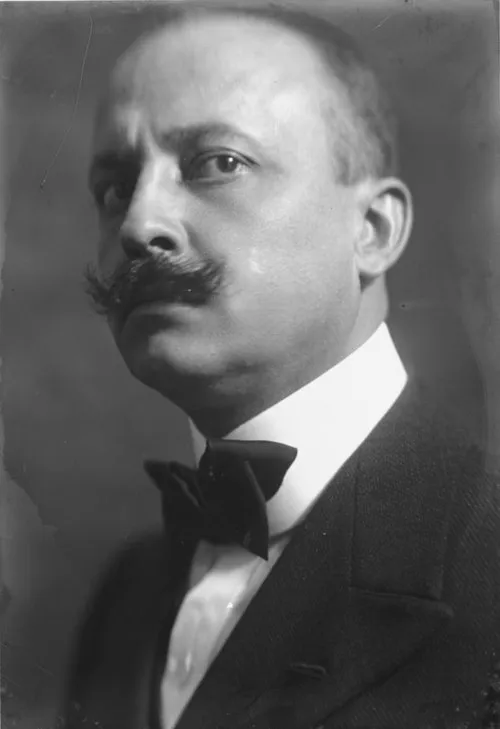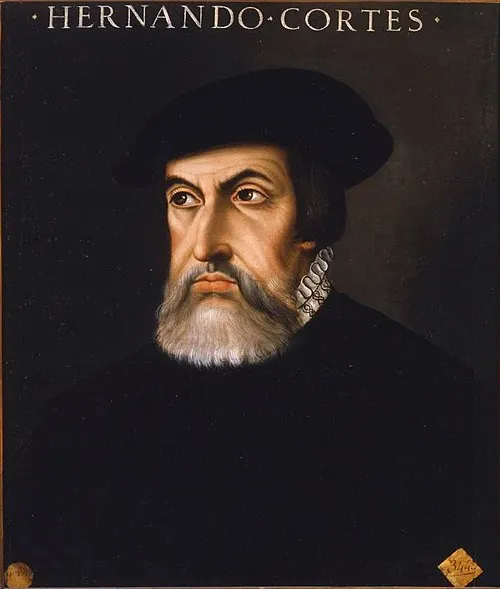Full Name: Kliment Voroshilov
Nationality: Ukrainian-Russian
Occupation: Marshal and Politician
Position: 3rd Head of State of the Soviet Union
Birth Year: 1881
Death Year: 1969
1969 – Kliment Voroshilov, Ukrainian-Russian marshal and politician, 3rd Head of State of The Soviet Union (b. 1881)
In the tumultuous tapestry of Soviet history, Kliment Voroshilov's life reads like a grand saga of ambition, power struggles, and a complex relationship with both comrades and adversaries. Born in 1881 in the heartland of Ukraine, he emerged from humble beginnings. His early years were steeped in the vibrant yet challenging atmosphere of a society on the brink of monumental change. Raised in a peasant family, Voroshilov’s childhood was not adorned with privilege; instead, it was shaped by hard work and a fierce determination to rise above his circumstances.
As an adolescent, he became enthralled by the revolutionary fervor sweeping through Russia a fire that ignited not only hope but also chaos. Ironically, at just sixteen years old, he joined the Bolshevik party in 1903; this decision would set him on a collision course with destiny. He immersed himself in underground activities against Tsarist rule while honing his skills as an orator and strategist. His commitment was unwavering even when faced with imprisonment for his political beliefs.
However, it wasn’t until after the upheaval of World War I that Voroshilov truly began to ascend through the ranks. The Russian Revolution of 1917 marked a turning point he played pivotal roles in both military operations and political maneuverings during the ensuing civil war. Perhaps one could argue that it was during these chaotic times when Voroshilov crafted his legacy as an indomitable military leader.
He quickly garnered attention for his leadership style one that combined fierce loyalty to Lenin with an uncanny ability to galvanize troops under fire. Despite this meteoric rise within military circles, his relationship with Joseph Stalin would come to define much of his career. Their partnership blossomed during Stalin's consolidation of power; however, there were moments where Voroshilov found himself wrestling with decisions that could either solidify or shatter their alliance.
In 1935, Voroshilov achieved perhaps one of his most significant milestones: being named Marshal of the Soviet Union the highest military rank at that time! This honor solidified not only his status but also placed him squarely within Stalin's inner circle an achievement many coveted but few attained.
While serving as People's Commissar for Defense from 1934 to 1940 a period fraught with tension leading up to World War II Voroshilov faced criticism for various military setbacks against Nazi Germany early on. Ironically enough, despite being one of Stalin’s most trusted allies and holding esteemed titles throughout these turbulent years, he often found himself caught between loyalty and pragmatism amidst growing dissent over wartime strategies.
The Great Purge loomed large over Soviet leadership during this era a brutal campaign targeting perceived enemies within Communist ranks and many found themselves ensnared within its vicious grasp! Historians recount that despite overcoming numerous obstacles posed by critics eager for blood amidst rampant paranoia among leaders back then , Voroshilov managed to retain both respect among soldiers while simultaneously navigating treacherous waters paved by fellow party members suspiciously eyeing each other!
The Prelude To A New Era
By mid-century in stark contrast against earlier tensions brewing around Stalin’s reign the tides began shifting once again! Following WWII's end came intense debates concerning foreign policy strategies towards Western nations; perhaps some viewed them skeptically based solely upon memories forged from battlefields fought fiercely alongside Allies... Yet others believed embracing openness might cultivate opportunities beyond borders!
A Shift In Power Dynamics
Inevitably though from late forties onward politics morphedd into something altogether different... With Khrushchev now ascendant following Stalin’s demise came promises heralding reforms accompanied by ideological shifts influencing governance styles including distancing away traditionally rigid approaches once taken under authoritarian regimes witnessed prior...
A Lasting Legacy
Amidst evolving dynamics surrounding leadership roles as well as gradual changes occurring throughout Eastern Europe post-war it became evident even formidable figures like Kliment would face diminishing relevance over time… By August twenty-sixth nineteen sixty-nine however that day marked an end resonating far deeper than merely losing another towering figure representing Communist ideology crumbling gradually across continents!









